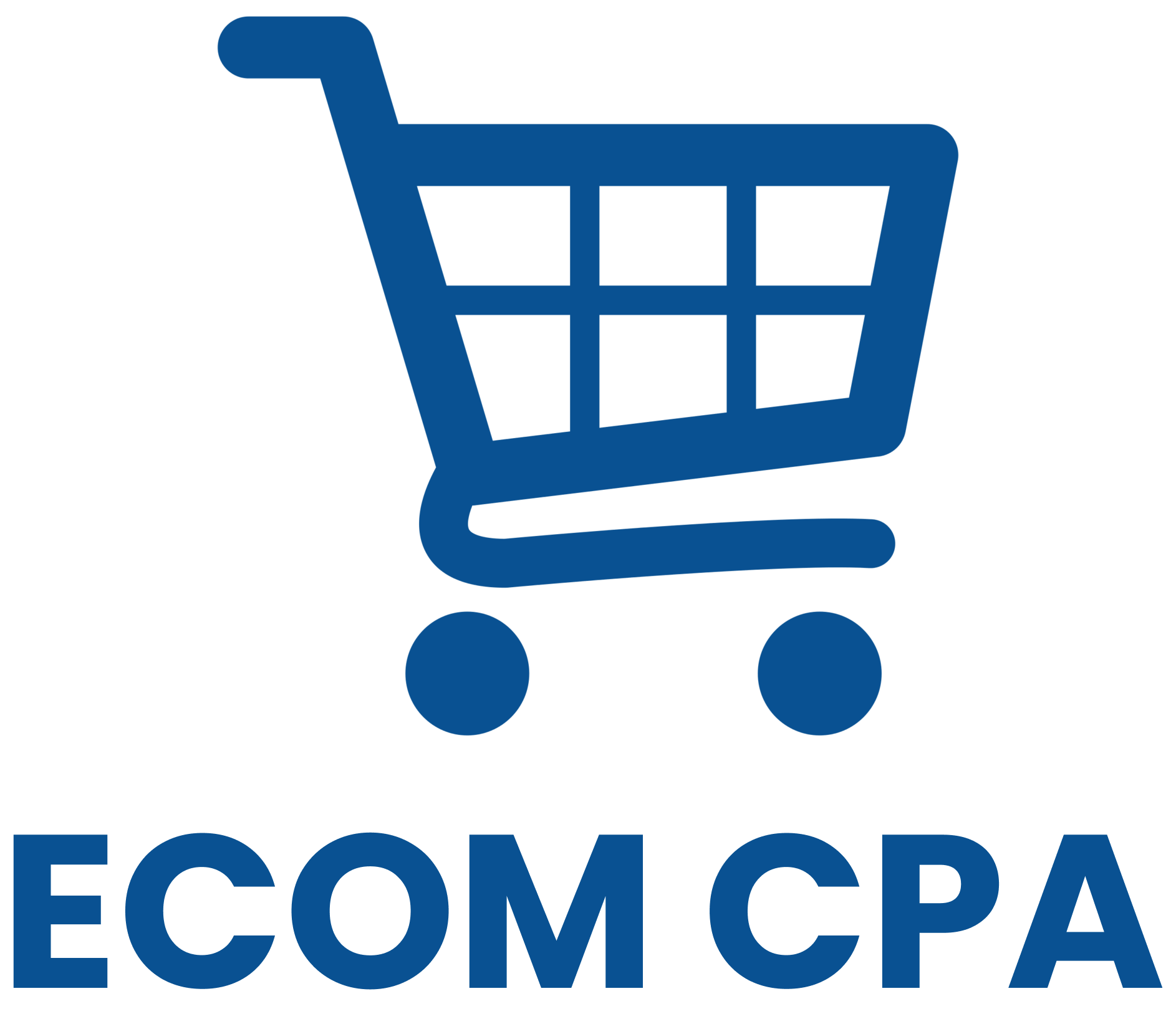As business owners who received PPP loan funds waited with baited breath, further guidance regarding PPP loans and loan forgiveness was issued this week. The PPP Flexibility Act (H.R. 7010) has been passed through Congress and signed into law this morning – unanimously in the Senate and with just one dissenting vote in the House. The Act makes several changes to clarify and extend loan forgiveness requirements for businesses who received PPP loans.
The most significant provisions made by the bill are the following.
Non-payroll Expense Limits Raised
Under the original PPP Act, funds received through a PPP loan were primarily intended to be used to maintain payroll. As a result, the percentage of loans which could be used for non-payroll costs, and still remain forgivable, was limited to 25%. Non-payroll expenditures beyond 25% would have resulted in a reduced amount of loan forgiveness. These are expenses like rent, utilities, and interest on secured debt.
H.R. 7010 raises that limit to 40%, allowing more of the funds to be used towards other expenses than payroll without forgoing loan forgiveness. However, there is one worrying aspect of the new PPP regulations. This potential “cliff” as it’s being dubbed is ambiguously phrased:
“to receive loan forgiveness under this section, an eligible recipient shall use at least 60 percent of the covered loan amount for payroll costs….”
Under this wording, the bill also appears to state that borrowers who exceed that 40% limit will have no forgiveness at all. This is a departure from earlier guidelines which stated that loan forgiveness would be reduced by the amount of the loan which exceeded the 25% permitted for non payroll costs.
Covered Period Extended
Initially, loan funds could only be forgiven if used during the covered period of 8 weeks. H.R. 7010 extends that time period to 24 weeks, ending December 31, 2020. Note that borrowers may still opt to observe the 8-week period if they choose to, applying for forgiveness after June 30, 2020. This may be preferable for businesses who want to ensure their creditworthiness going forward in 2020.
Loan Program Date Extended
H.R. 7010 also expands the timeline for borrowing employers to resupply their workforce. Provisions of the bill known as “workforce amnesty” previously allowed employees to be rehired or replaced before June 30, 2020. This has now been extended to December 31, an extra six months. Similar to the extension of the covered period, borrowers may choose to abide by the original 8-week period.
Furthermore, some employees who were NOT rehired are permitted to be counted as if they were rehired. For this to apply, the borrower must demonstrate that they were unable to find similarly qualified employees, or that federally required safety precautions (i.e. social distancing, deep sanitation) prevented them returning to the same level of employees.
The SBA is also requiring that employers report employees who do not return to work when they have the opportunity to do so.
Loan Terms Extended
Previously, the loan repayment period was scheduled to be two year. H.R. 7010 extends that to five years. Loan funds that are not determined to be forgivable will carry a 1% interest rate.
Ensures Payroll Deferment Access
Under the CARES Act, businesses who received PPP loans and intended to apply for forgiveness were not permitted to defer their 6.2% payroll taxes. H.R. 7010 repeals that restriction and allows deferment on payroll taxes for up to two years.
Going Forward
Some of these new loan provisions will be a relief to business owners who have already received PPP funds, without fully knowing what the terms of forgiveness and repayment would look like.
Although these non-recourse loans mean that the owner of a corporation who receives PPP funds will bear no liability if not repaid, all businesses must follow the loan rules to avoid liability. Financial experts warn that many business owners will not follow the rules set out. If repayment is not planned for, may find themselves facing bankruptcy at the close of the five-year loan term.
Need help with your PPP loan? Contact Ecom CPA for assistance!




